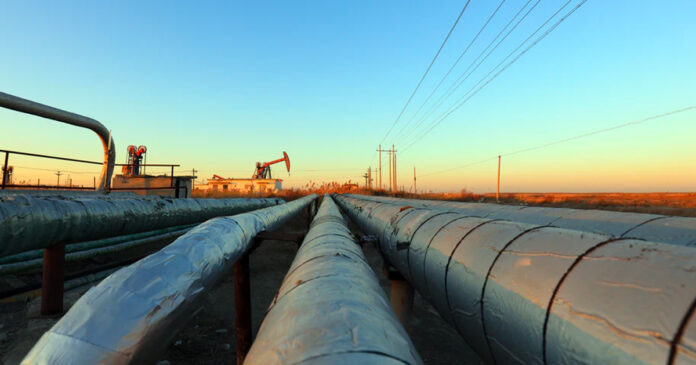Several smaller Canadian oil and gas companies are optimistic about the prospects of a Liberal government defeat in the next election, as they resist the latest federal initiative to accelerate a cap on carbon emissions.
In response to the government’s target to reduce industry emissions by 40-45% from 2005 levels by 2025, some oil companies are reluctant to invest in emission reduction measures.
Instead, they are pinning their hopes on a shift in political leadership projected by recent polls in the upcoming federal election, anticipating a scenario where the ruling Liberals might lose their majority, hampering their ambitious environmental targets.
The head of Yangarra Resources, a company producing 12,500 barrels of oil equivalent per day, was one of several industry executives who told the outlet EnergyNow that they were awaiting the results of the next federal election.
CEO Jim Evaskevich asserts that the company will prioritize emission cuts if they align with economic or operational efficiency. Expressing a desire for a change in leadership, Evaskevich hopes that a new government could lead to a reconsideration or relaxation of emission targets.
“If we get to where we’re having to spend a lot of money to become way more draconian with our reductions, then we’re going to look at the federal election and go, ‘yeah no we’re not spending that money, no way.’ Because our fervent hope is (Trudeau) is gone.”
A representative from the federal environment ministry claimed that the emission reduction plan made business sense, but companies such as Tamarack Valley Energy remain cautious.
CEO Brian Schmidt, with plans to produce about 62,000 barrels per day in 2024, highlighted the uncertainties associated with potential government changes and mounting legal challenges.
Schmidt told the outlet that “nobody’s putting much weight” into the government’s ploy at this point.
Bonterra Energy, looking to boost production, is already taking steps to reduce emissions by minimizing gas flaring.
CEO Pat Oliver remains optimistic, indicating a reluctance to expedite efforts until there is more clarity on the political situation and expressing minimal concern about the emission targets in the near term.
“Say that we would have to spend significant capital (to comply), we would have a look at, is this government going to survive and what are the chances of this legislation surviving?” Oliver told EnergyNow.

